
Remembering 1968: The SCUM Manifesto for the Society for Cutting up Men
“I feel sorry for nothing," Valerie Solanas told reporters after shooting Warhol. “Read my manifesto and it will tell you what I am."

“I feel sorry for nothing," Valerie Solanas told reporters after shooting Warhol. “Read my manifesto and it will tell you what I am."
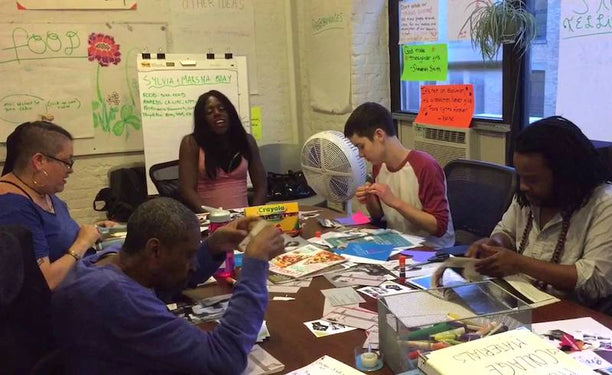
While the Catholic Church and transphobic feminists alike paint trans activists as propagandists of "gender ideology," trans people have achieved gains in recent years by working not as ideologues, but ethical instructors.
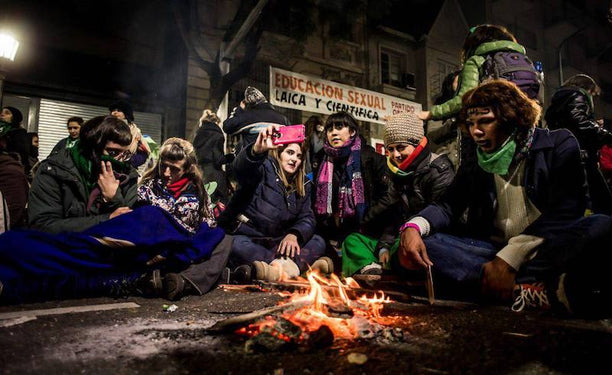
Today in Argentina we see a battle for political spirituality in the streets, in houses, in beds, and in schools.
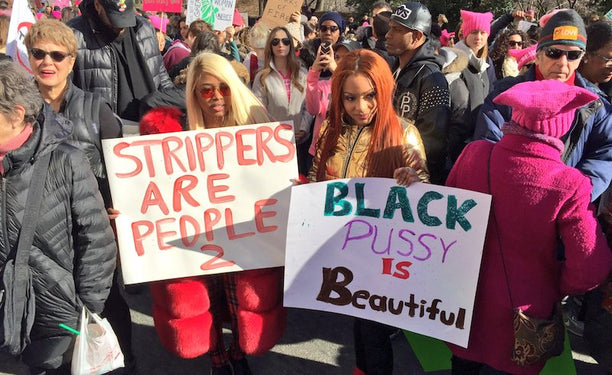
Sociologist Siobhan Brooks discusses the New York City Strippers' Strike, her experience organizing the Lusty Lady, and racism in sex work.
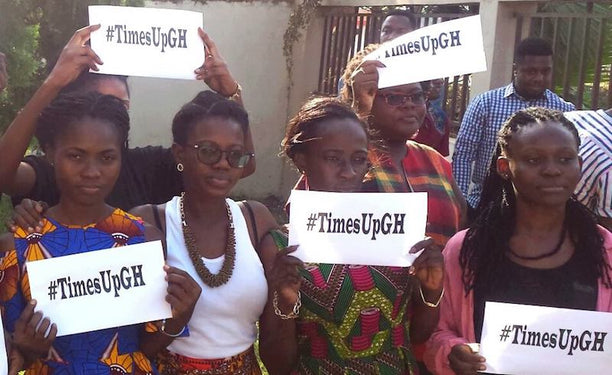
While gender-based violence in Ghana and elsewhere may not seem vastly different from the issues addressed by #MeToo, women around the world must define their own movements.
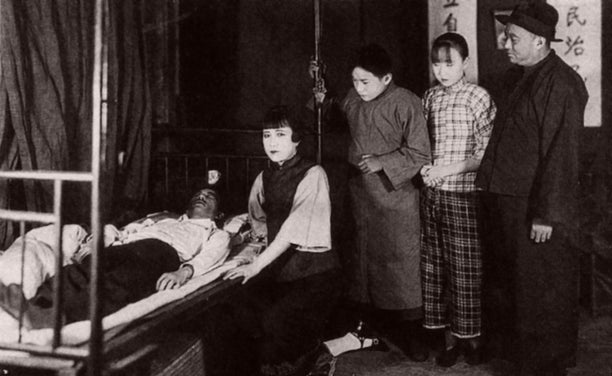
Marxist Feminist film scholar Dai Jinhua, one of the preeminent cultural critics of China's New Left, historicizes the rapid cultural and intellectual developments that took place in China during the 1980s and 90s.
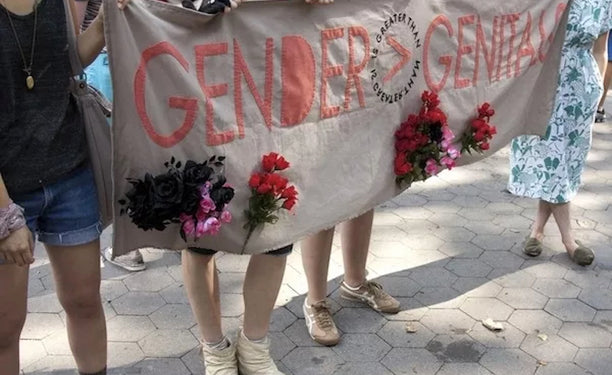
A recent call for philosophical debate on gender illustrates how purportedly neutral analyses can be mobilized to reproduce run-of-the-mill transphobia.
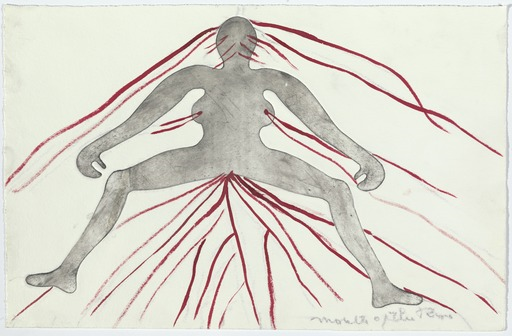
Sophie Lewis on bodies, work and the misguided school of feminist abolitionism.
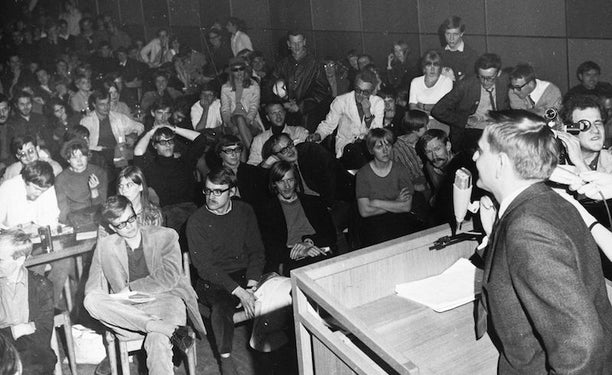
Sweden's 1968 can be most clearly registered in the context of a wave of radicalization that stretched from the 1950s to the 1980s.
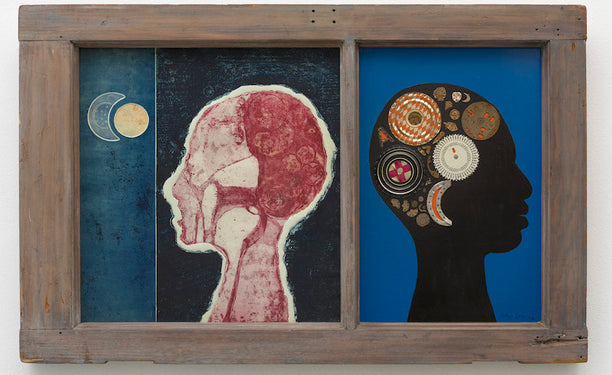
By ignoring African American intellectual history, many accounts of 1968 consolidate the very segregation 1960s youth were once so determined to undo.
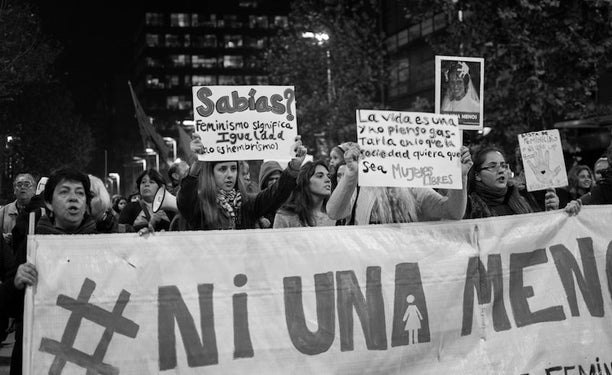
We were born from the confluence that is taking place between workers in neighborhoods, in factories, in the popular economy, between domestic workers, care workers, precarious workers, among those organized in unions and multiple other feminist collectives, among those who don’t have a visible boss but engage in piece work in their homes and those who are unemployed workers.
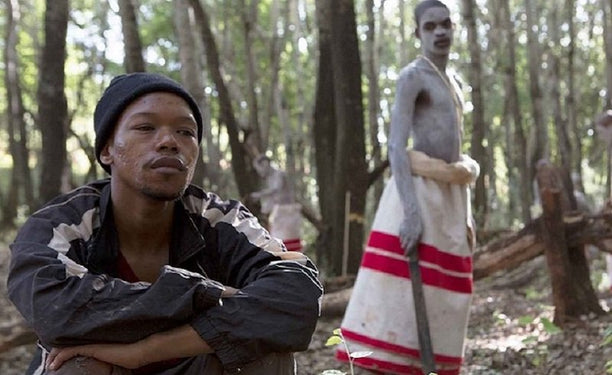
South African film Inxeba (The Wound) reveals the developmental power male spaces hold over those coerced into passing through them.